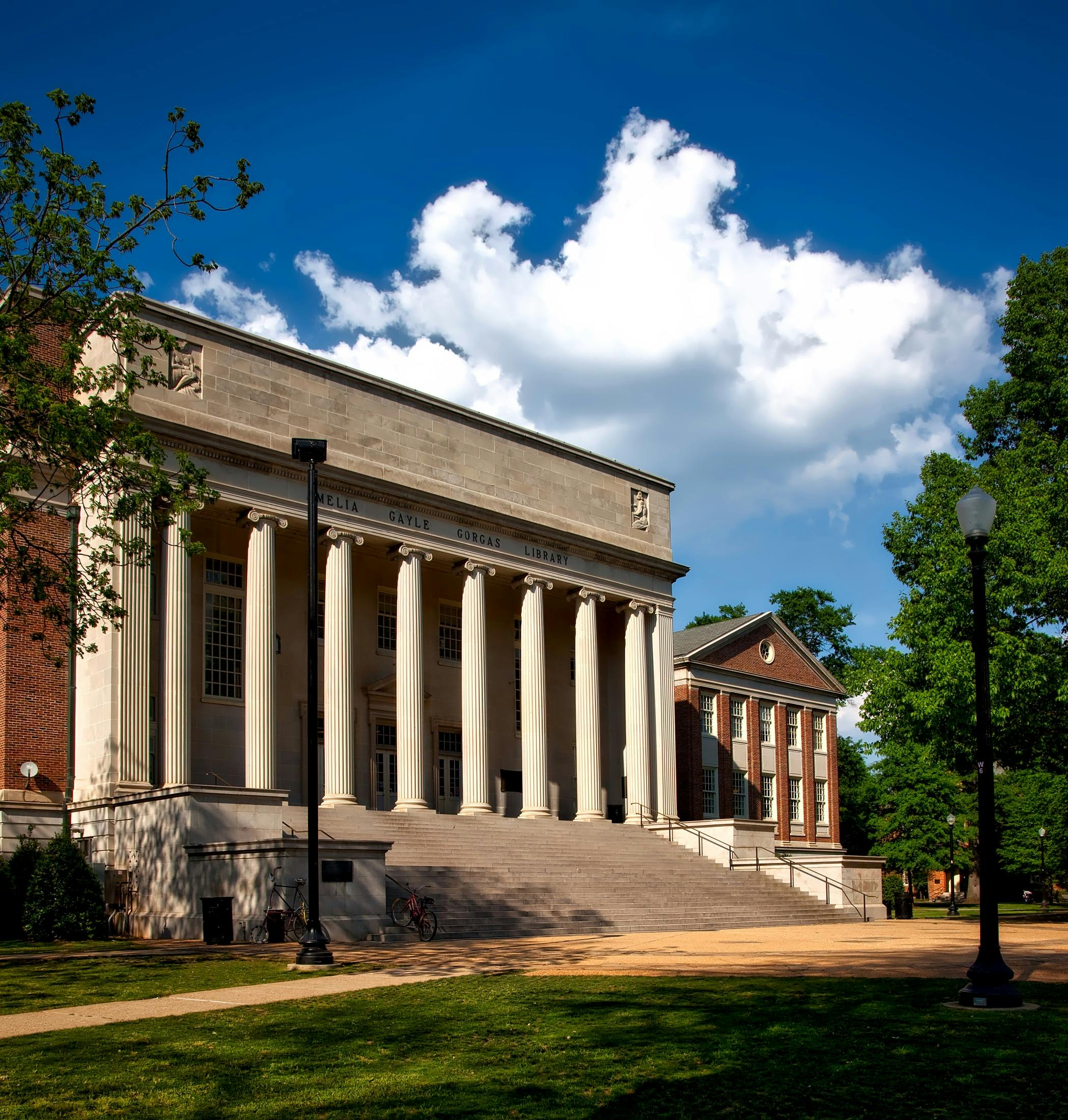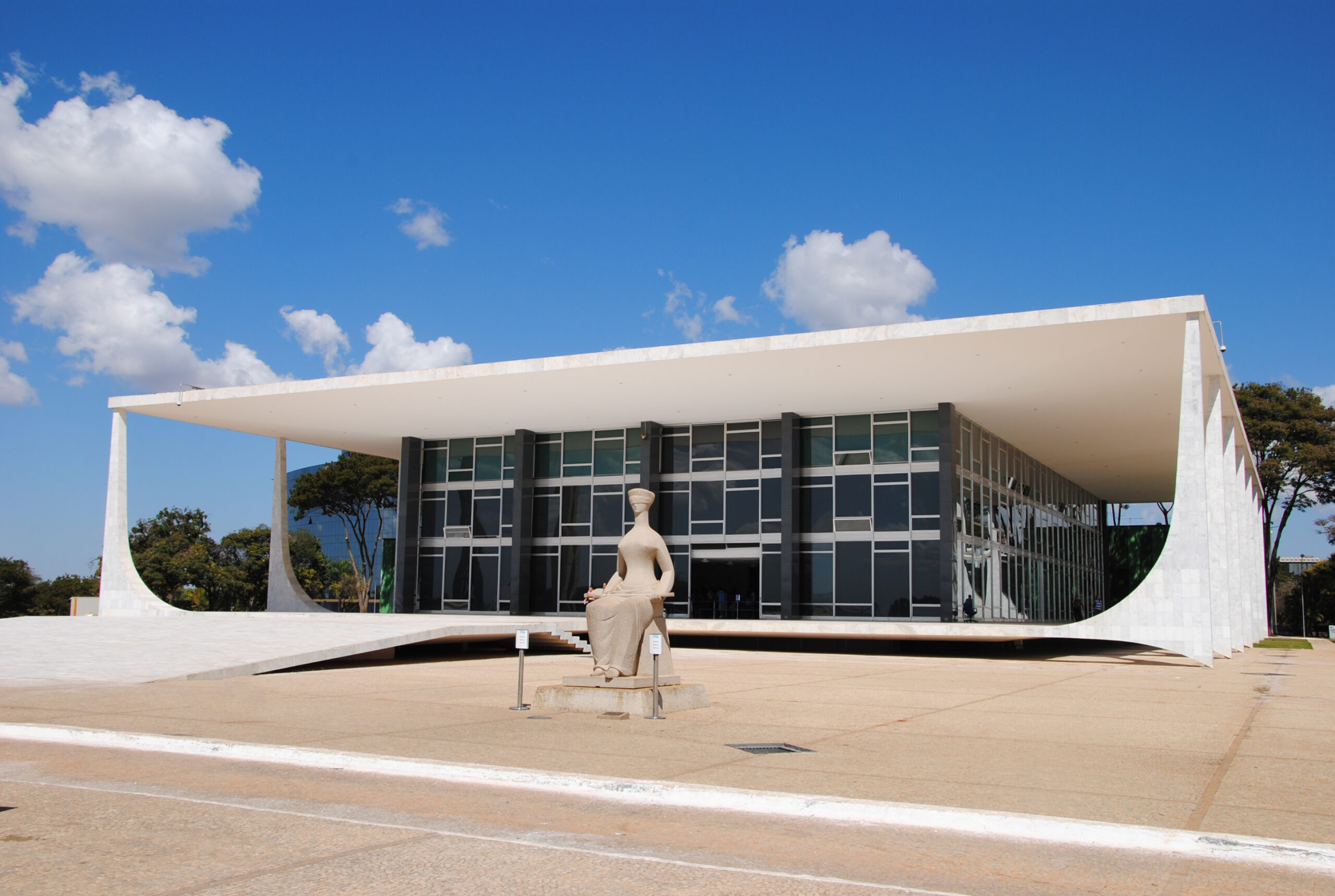Can universities prohibit students from protesting against them?
Freedom of expression at universities. It has been reported that university administrators warned students at a University in Guadalajara, Mexico, that if they protested against the institution, they could be expelled, according to regulations[1]. But is this not a violation of the right to freedom of expression?
First, freedom of expression is a human right recognised and protected by the Mexican Constitution and international treaties[2]. Furthermore, the Mexican Supreme Court has established that the right to social protest is protected by national and international norms. Moreover, the Court stated that this right has a strong connection with the right to assembly and freedom of expression.[3]
A regulation cannot violate human rights
But then, is it valid for a school to expel a student for protesting, just because the university’s regulation provides for it? Well, a regulation or a contract, even between private persons, must be respectful of human rights. The Mexican Supreme Court has already established that human rights are also applicable in relations between private persons, and some of them, because of their implications, are a limit on the actions of private persons[4].
One such human right is freedom of expression[5]. What does this mean? Although individuals may freely enter into contracts, such as a school and its students, under the so-called party autonomy, human rights are the limit to this freedom and to what can be agreed.
For example, the Mexican Supreme Court has ruled that party autonomy cannot serve as a justification for an educational institution to violate the human rights of students[6]. So, does expelling a student for protesting against a school violate the right to freedom of expression or not?
Well, Courts in other countries have already ruled in similar cases.
Caselaw of the Colombian Constitutional Court on freedom of expression at universities.
The Colombian Constitutional Court has established that as educational centres are a space for the exchange of ideas and the creation of opinions, messages of criticism by students and professors of university policies must be safeguarded.
Thus, the Colombian Court protected a student who was suspended for two semesters by his university as a consequence of statements he made in a news programme against the implementation of virtual classes. The Court considered that it was an act of censorship that violated the student’s freedom of expression. It even warned the university to refrain from restricting the students’ freedom of expression in the future[7].
U.S. Supreme Court case law on free speech in schools
Similarly, the US Supreme Court has ruled that students do not lose their constitutional right to free speech when they enter school[8]. Likewise, it recently ruled that a school violated the Constitutional First Amendment by suspending a student from the cheerleading squad for her Snapchat posts in which, using vulgar language, she expressed frustration with the school and the cheerleading squad[9].
Conclusion on freedom of expression at universities.
From comparative law, it can be concluded, at least superficially, that the mere manifestation of ideas contrary to the educational institution where one studies is protected by the human right to freedom of expression. Hence, any prohibition or attempt to dissuade the manifestation of these ideas will violate freedom of expression. While private parties may enter into contracts, this does not mean the clauses can be contrary to human rights. Therefore, even if the regulations of an educational institution provide for punishment or prohibition of the expression of ideas, this would be contrary to the human right to freedom of expression. Although it should be clarified that this right is not absolute, it admits restrictions such as in the case of hate speech, so it should be assessed on a case-by-case basis.
What do you think? Does a school banning students from protesting against it violate the human right to freedom of expression?
Let me know what you think in the comments.
Check out the caselaw
US Supreme Court: Tinker v. Des Moines Independent Community School District | Mahanoy v. B.L.
Constitutional Court of Colombia: Sentencia T-089/19
Supreme Court of Mexico: Action of Unconstitutionality 91/2019 | Thesis: 1a./J. 15/2012 (9a.) | Thesis: 1a./J. 19/2024 (11a.)
Find out more about the law around the world
References
Laws
Political Constitution of the United Mexican States
American Convention on Human Rights.
International Covenant on Civil and Political Rights.
Caselaw
México
Action of Unconstitutionality 91/2019. Plenary of the Mexican Supreme Court.
Thesis: 1st/J. 15/2012 (9th), Digital record: 159936
Thesis: 1st XLI/2013 (10th), Digital record: 2002746
Thesis: 1st LXX/2013 (10th), Digital record: 2003078
Tesis: XI.1o.A.T.2 K (10th), Digital record: 2001631
Thesis: 1a./J. 19/2024 (11th), Digital record: 2028084
Colombia
Judgement T-089/19. Case No.: T- 6.787.741. Ninth Chamber of Revision of the Colombian Constitutional Court.
United States
Tinker v. Des Moines Independent Community School District, 393 U.S. 503 (1969) US Supreme Court
Mahanoy v. B.L. (2021) US Supreme Court.
Press releases
Juan Pablo Toledo (7 de marzo de 2024) ‘Prohíben a estudiantes de UTEG manifestarse para exigir mayor seguridad’ El Occidental https://www.eloccidental.com.mx/local/estudiantes-de-la-uteg-exigen-justicia-en-su-plantel-y-autoridades-educativas-no-responden-bien-11558933.html
Notas al pie de página
- [1] Juan Pablo Toledo (7 de marzo de 2024) ‘Prohíben a estudiantes de UTEG manifestarse para exigir mayor seguridad’ El Occidental https://www.eloccidental.com.mx/local/estudiantes-de-la-uteg-exigen-justicia-en-su-plantel-y-autoridades-educativas-no-responden-bien-11558933.html
- [2] American Convention on Human Rights: Article 13; International Covenant on Civil and Political Rights: Article 19; Political Constitution of the United Mexican States: Articles 6 and 7.
- [3] Action of Unconstitutionality 91/2019
- [4] Digital Record: 159936, Firsta Chamber of the Mexican Supreme Court, Thesis: 1a./J. 15/2012 (9a.)
- [5] Digital Record: 2003078, First Chamber of the Mexican Supreme Court, Thesis: 1a. LXX/2013 (10a.),
- [6] Digital Record: 2028084, First Chamber of the Mexican Supreme Court, Thesis: 1a./J. 19/2024 (11a.)
- [7] Judgement T-089/19. Case No.: T- 6.787.741.
- [8] Tinker v. Des Moines Independent Community School District, 393 U.S. 503 (1969)
- [9] Mahanoy v. B.L. (2021)






